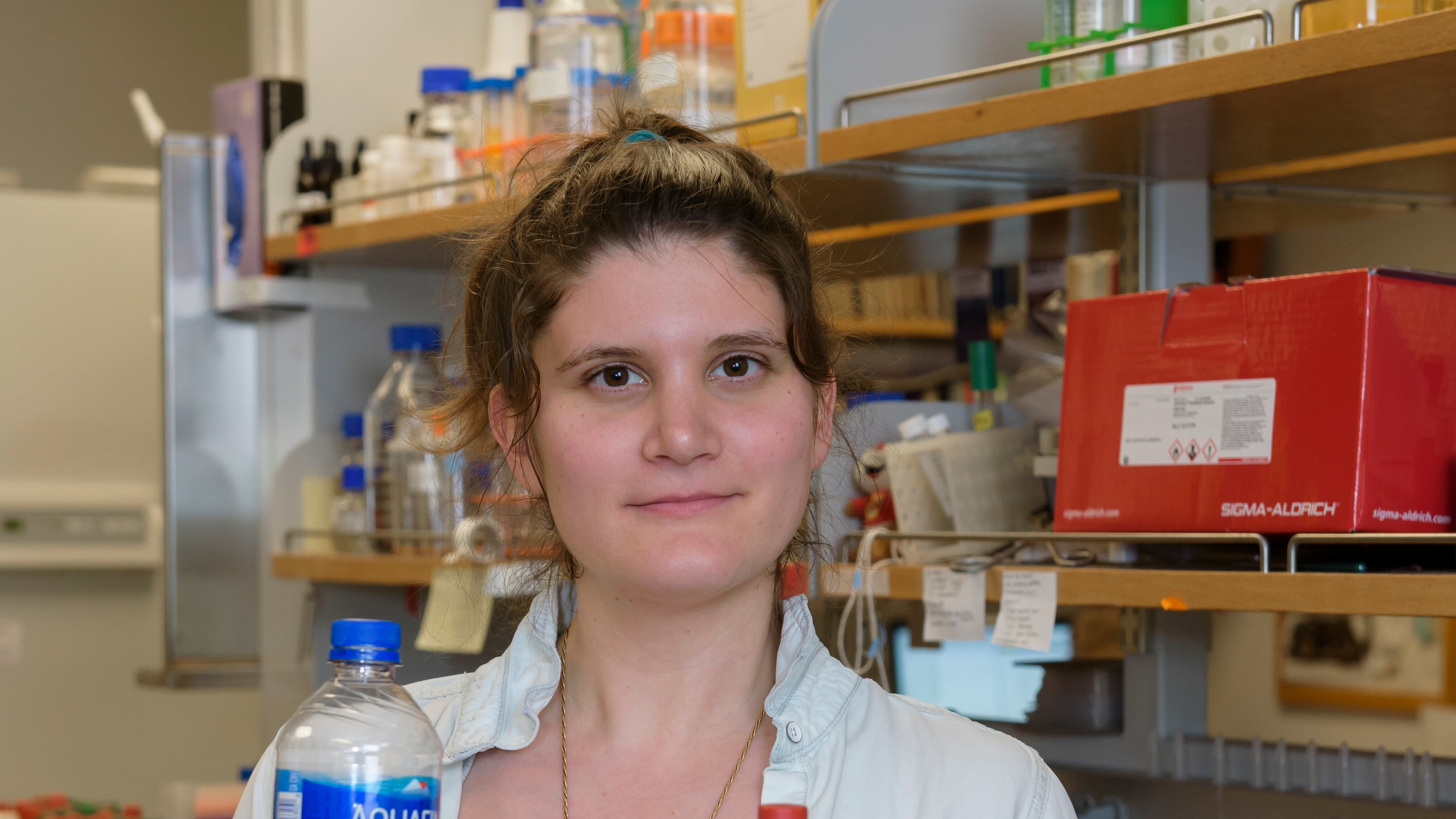As she prepared to fly back to Portland in January 2017, Morgan Vague stood nervously in the security line at Houston Airport, hoping the TSA agents wouldn't notice the contraband stored in her carry-on bag—nearly a dozen Ziploc bags full of dirt.
The Reed College senior had flown to Texas to collect samples for her biology thesis project. Her theory was that, in areas with high rates of pollution, microbes would have evolved to eat certain types of plastic. Oregon's soil is too clean to accurately sample from, and many of the state's landfills and refineries are closed off. But that wouldn't be an issue in Houston, where she grew up—there are seven Superfund sites in her home county alone.
If she could isolate plastic-devouring bacteria in a lab, it could one day be put to use breaking down such environmental nuisances as the Pacific Ocean "garbage patch." Her fear, however, was that it would get flagged as a biohazard before she ever got the chance.
"I got really nervous about transporting the samples back to Oregon," Vague says. "I had this whole plan in my head where if I got questioned I would make up some story about just being weird."
In order to divert attention, Vague wrote innocuous labels on the bags containing the dirt: "Nostalgic Beach Sand #1," "Elementary School," "Lesson Plan #1."
"No one questioned me, though," she says. "I was just being really paranoid."
That's good news for Vague—and the planet.
From one of the samples, collected at the beach in Galveston Bay, where she says hundreds of gallons of oil leak into the ocean daily, Vague was able to successfully isolate three strains of bacteria that break down and consume polyethylene terephthalate, or PET, a ubiquitous plastic—one of which, Pseudomonas morganensis, has never before been discovered. Her research professor, Jay Mellies, has called it a "watershed" discovery.
"What we're focusing now on," Vague says, "is getting a more appreciable degradation of plastic faster. And once we get that, maybe scaling that up to some sort of industrial size that can really help us tackle this [pollution] problem."

Click here for the full Best of Portland 2018 guide.

